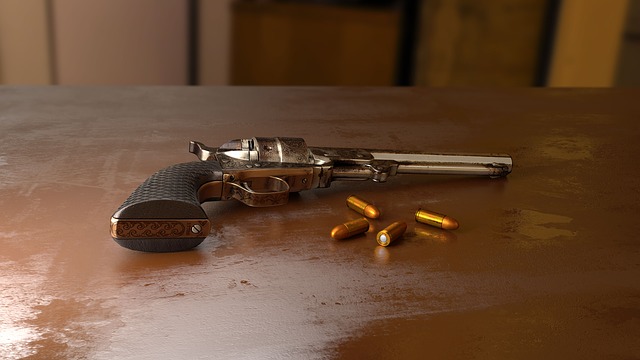If you visit gun ranges frequently and do not protect your ears from the noise, adverse hearing problems and hearing loss can quickly occur. Young and new shooters often get caught up in the excitement of being at the range and shooting guns, and while they may protect their eyes, their ears are a different story. Appropriate eye and ear protection should be used every time you visit the range. If you wanna find out some more after reading our articles, just check out : Shooting Hearing Protection Reviews.
Noise Hazards
Few people realize that all it takes is a single gunshot to permanently lose hearing in unprotected ears. Gunfire noise is the number one non-occupational cause of hearing problems. One shot from a .357 Magnum is equivalent to over 40 hours of noise in a loud workplace. Even if permanent hearing loss does not occur, you can still experience hearing problems, such as tinnitus, hissing, humming and ear pain if you do not protect your ears from gunshot noise.
OSHA Standards
Noise is measured in decibels (dB) and OSHA, Occupational Safety and Health Administration, has set a permissible level of exposure to noise at 115 decibels for just 15 minutes. While each gun has its own decibel level, depending on how it is made and its caliber, a gunshot averages between 150 and 160-dB. According to the American Speech-Language Hearing Association and the University of Central Michigan, permanent hearing damage can occur in unprotected ears when exposed to decibel levels exceeding 140.
Noise Amplification
Additionally, as the amplitude level of noise increases, the time in which your ears go undamaged decreases. You also have to take into account where you are shooting your gun. An indoor gun range causes reverberation which can amplify the decibel level, while outdoor gun ranges allow sound waves to dissipate. Muzzle breaks and other modifications can amplify the decibel level as well.
Hearing Damage
Even small caliber guns like the .22 still produce noise levels at or just over 140-dB and pistols or big-bore rifles produce decibel levels over 175. Many people think that hearing protection hampers their shot or is unnecessary because they’ve shot before and never experienced any problems. However, hearing loss can occur from a single instance as well as be caused cumulatively. Just because you think there has been no damage sustained by your ears, it doesn’t mean that is the case. Hearing damage can occur each time you are in close range of a gunshot and that damage can add up to severe ear pain and permanent hearing loss.
Select Appropriate Ear Protection
Selecting ear protection that provides an acceptable noise reduction rating is essential for protecting your ears. The greater the noise level, the higher the noise reduction rating should be. For general gun range needs, the noise reduction rating should be no less than 25. Ear plugs only allow for minimum protection and passive ear muffs are great if you shoot infrequently or have a small caliber gun. However, if you have a loud gun or shoot often or for extended times, electronic hearing protection headsets are a great investment.
Once your hearing is gone, it does not come back, so take the necessary steps to protect your ears while you are at the gun range.




